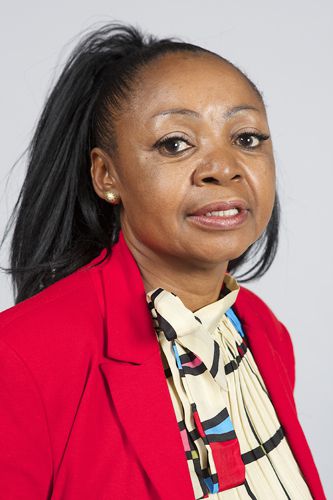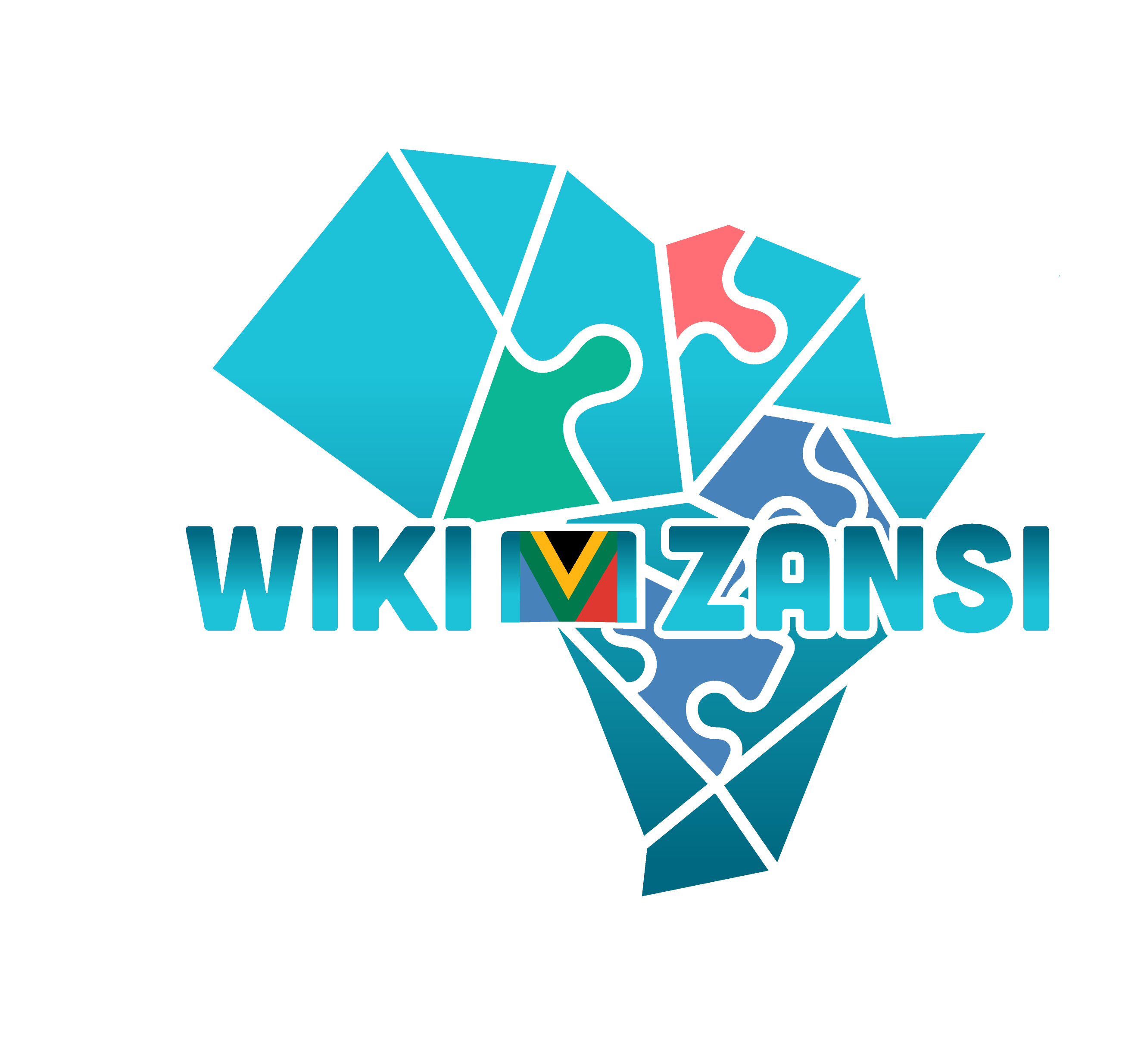Chana Pilane-Majake

Dr Chana Pilane-Majake is Deputy Minister of Public Service and Administration from 27 February 2018. She has been a Member of Parliament of the Republic of South Africa since 21 May 2014.
She holds a Doctorate in Literature and Philosophy from the University of South Africa, a Master’s degree in Social Sciences from the then University of Natal (now called University of KwaZulu-Natal), an Honours and Bachelor’s degrees from the then University of the North (now called University of Limpopo) and a Diploma in Development Studies from Stanford University, California, USA.
She was previously appointed as Chief Executive Officer for the Commission on Gender Equality (CGE) in 2002, a position she held for eight years before joining VIP Consulting Engineers as Executive Director for Human Resources, where she worked until her deployment to Parliament. Before joining the CGE, she worked for a bilateral programme between South Africa and the European Union – the EU Foundation for Human Rights in South Africa – as a consultant and project officer, assisting in funding human rights organisations promoting the culture of human rights in South Africa.
She is a scholar with extensive lecturing experience at the then universities of the North and University of Natal respectively, teaching Human Rights and Development Studies. In her voluntary capacity, she is a founder member of a number of schools for children with disabilities. Dr Pilane-Majake has been extensively involved in inviting and organising major international and national events that promote human rights in South Africa.
She has served on different boards in pursuance of political, economic and social justice for the people of South Africa. During the Struggle days – through the United Democratic Movement and the South African Black Social Workers’ Association, a channel that used to make contact with the African National Congress (ANC) leadership in exile – she worked tirelessly on the ground on a number of development projects with women, children and detainees.
At the height of political violence in KwaZulu-Natal, where she lived at the time, she worked as a peace broker and counsellor for displaced families, particularly the Chemoreng Displaced Families at Glebe Hostel in Umlazi and Malukazi, south of Durban. She was also part of the National Coordination Committee for the Repatriation of South African Exiles from 1992 to 1994.
Dr Pilane-Majake also has extensive knowledge and understanding of the Southern African Development Community, African Union and United Nations (UN) systems. She has participated in a number of the UN Commission on the Status of Women sessions at the UN Headquarters in New York, USA.
She has also published a number of articles in various journals and was instrumental in the development of the SA Gender Training and Resource Manual that has been widely used by the National Gender Machinery in promoting gender transformation in South Africa.
As a member of the ANC, Dr Pilane-Majake has served in various capacities in structures of the movement for the liberation of the people of South Africa.
She served as a member of the Justice and Constitutional Development Portfolio Committee; Ad Hoc Committee for Code of Judicial Conduct (for judges); Public Enterprises Portfolio Committee; Constitutional Review Committee; Portfolio Committee for Women; Whip for the Justice and Correctional Services Portfolio Committee, and Cluster Whip for Peace and Stability.
